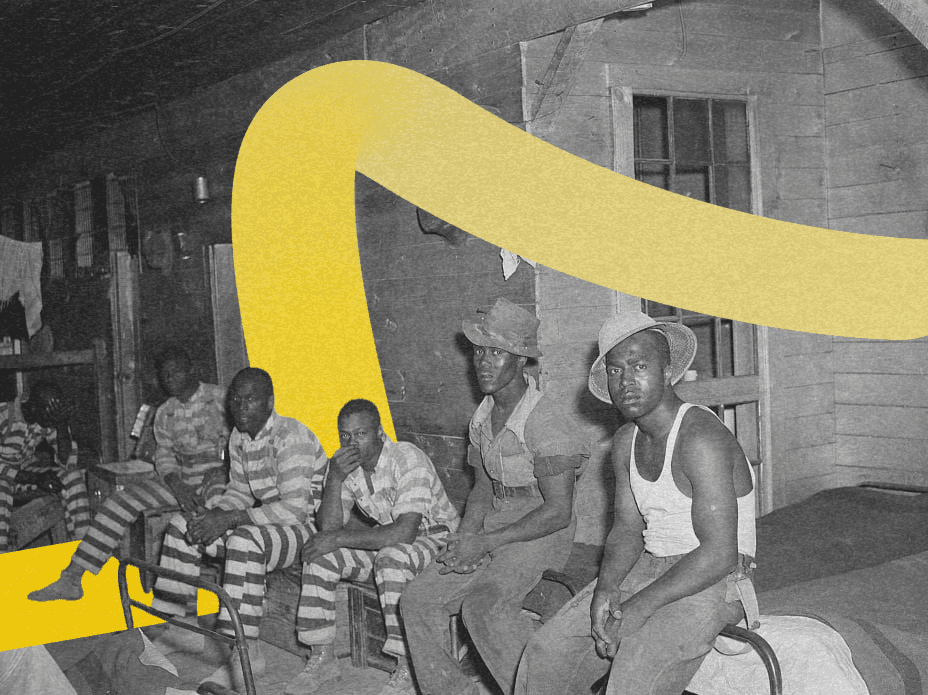End Forced Labor in Prisons
The 13th Amendment abolished slavery—but with an exception for punishment of crimes.
This loophole perpetuates systemic exploitation, disproportionately affecting marginalized communities.
Who is impacted?
This system overwhelmingly impacts incarcerated individuals, particularly those from Black and Brown communities.
Forced to work under threat of punishment and earning pennies per hour, these workers are denied basic labor rights, perpetuating cycles of poverty and oppression even after release.



